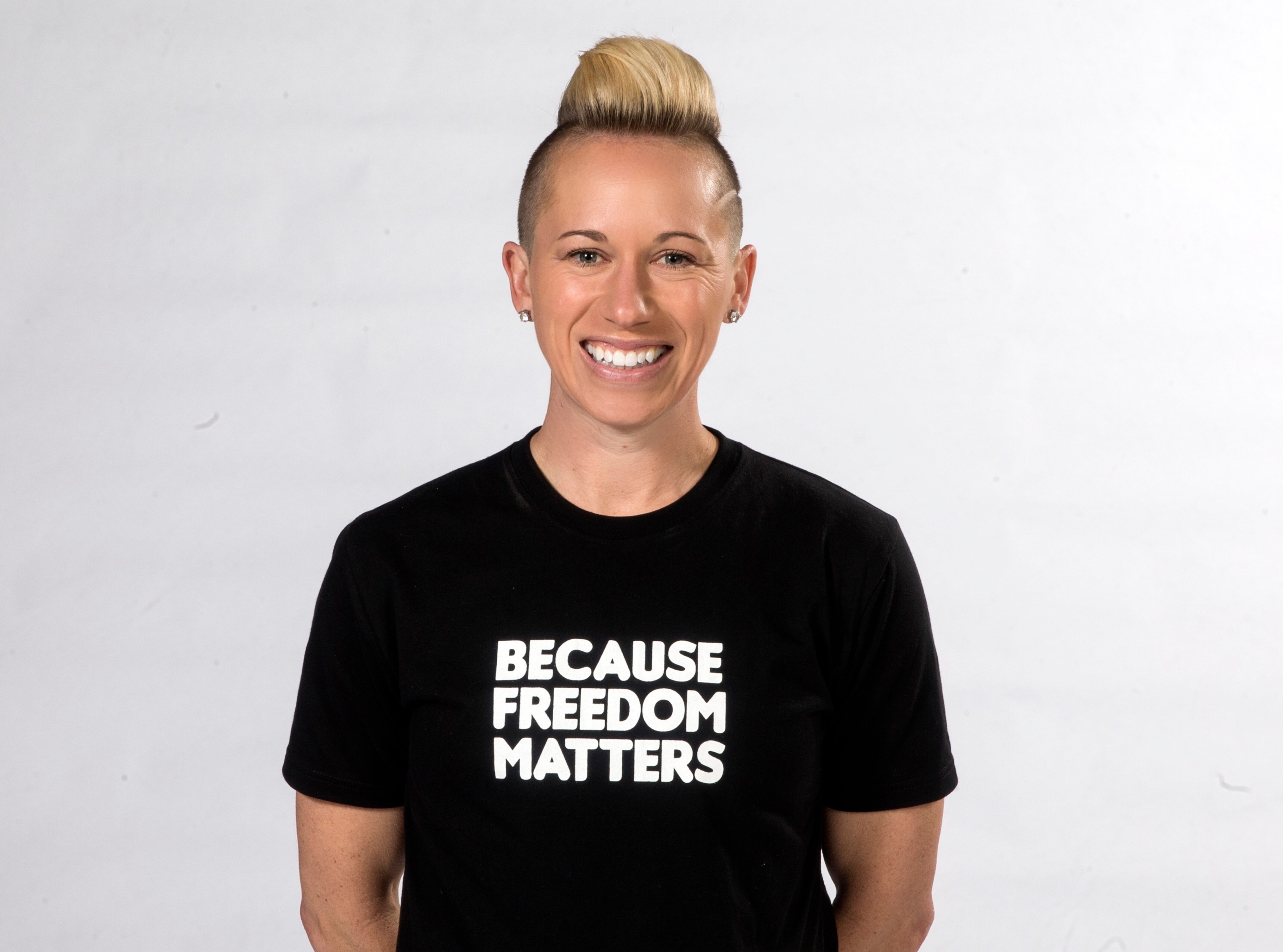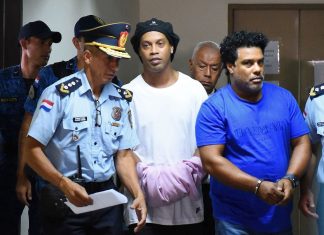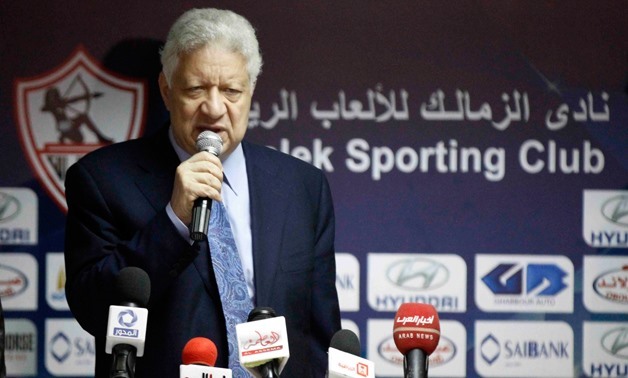
Nigeria’s estimated modern day slave population stands at 1,386,000 people, placing the country 32nd out of 167 countries with the highest number of slaves according to the Global Slavery Index (GSI).
The United Nations estimates the global human trafficking industry which overwhelming affects women and girls to be worth about $150bn victims are overwhelmingly women and girls and contends that two-thirds of the global human trafficking trade ($91bn) involves commercial sex exploitation with Nigeria figuring prominently as a “source, transit and destination country” for trafficked persons.
According to the National Agency for the Prohibition of Trafficking in Persons (NAPTIP), the average age of people trafficked in Nigeria is 15 years with a vast majority of women and girls affected originating from Edo State.
In a bid to combat this great menace which has shattered the dreams and cost the lives of many unsuspecting teenaged girls in Nigeria, Fortem Inspire, an advocacy group that works to empower women through sports, has teamed up with the United States Embassy in Nigeria to organise a workshop showing how sex trafficking can be combatted using football as a tool.

The event tagged “Goal! Strong Girls, Bright Future. Combatting Sex Trafficking” will be held in two cities – Lagos and Benin – and is scheduled to commence on the 23rd of September and conclude on the 27th of September.
37-year old former US Women National Team Player Joanna Lohman will act as one of the resource persons and mentors to the participants who will number about 170 girls aged between 13 to 17 years old. She will be joined by fellow ex-US international Staci Wilson and former Super Falcons goalkeeper Precious Dede at the event.
In this interview, Lohman who was once a teammate of Super Falcon forward Francisca Ordega at Washington Spirit, talks about her motivations for getting involved with Fortem Inspire and what the project seeks to achieve.

Q: What motivated you to be a part of this project in Nigeria?
JL: This is the fourth year in a row that I am running programs in Africa as an envoy of the Department of State. Africa is a continent that is close to my heart and where I want to make an impact. I have always been interested in Nigeria because it is a country with an enriching culture, a bustling metropolis and interesting people.
Also, from 2015-2018, I was teammates with Francesca Ordega, one of the top strikers for the Nigeria Women’s National Team. We were the best of friends and I have always wanted to visit Nigeria because of her. In addition, I know the power of sport and its
Q: 170 girls to be mentored in two different cities within a few days, in your opinion, can this project scratch beneath the surface in the war against sex trafficking?
JL: It is a great start and a great introduction for the girls. The program will raise the consciousness of young women from that state about this issue and increase their awareness of the alternatives available to them. The girls will get exposed to the NGO, Fortem Inspire, the U.S. Consulate in Lagos, and both sports envoys (me and Staci).
Hopefully this will be just the beginning of a relationship that educates, provides resources, and inspires them for longer that just the few days the program is actually running. Also, the girls will be able to build a network of friends, a community, that can help them in the future.
Q: Girls from 13 years to 17 years are the focal point of this mentorship program. Why do you this age bracket is a good one for this empowerment program?
JL: This is the age bracket most affected by human trafficking. Girls 13-17 are vulnerable to sexual exploitation. Without education and support they too could become victim to the crime.
Q: Drawing from your experience as ex-internationals and resource persons, what essential skills are attendees set to learn?
JL: The essential skills we want to teach go way beyond the football field. Through clinical instruction, workshops, and motivational sessions we will work on effective teamwork and communication.
We will also instill confidence, hope, and emphasize the importance of education. By working and teaching in group settings the girls will learn to lead and look out for one another both on and off the pitch. The girls will also meet local leaders and consulate staff that can be a support network for them moving forward.
Q: In your opinion, what would qualify as success on this project?
JL: By just putting on these programs we are helping the community understand the issue at hand and giving them action steps, resources and a support network to combat sex trafficking. Success happens from assembling the female students, sports coaches, administrators, and community leaders and demonstrating that together, we can reduce the amount of sexual exploitation.
Also, when the participants step over the line and onto the field, they will become part of a team of young women who are more empowered to choose a better future. Awareness and education are key and both of these elements are part of the program in both Lagos and Benin City.
The event will kickoff at the Campos Mini Stadium in Lagos on the 23rd of September with 50 girls participating.
Benin City, which according to the Pathfinders Justice Initiative, is often the starting point for victims of human trafficking, will host the second leg of the event from the 25th to the 27th of September and will involve 120 girls.











